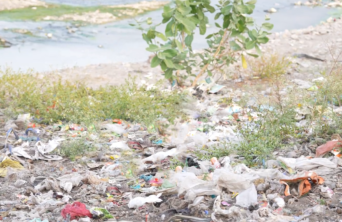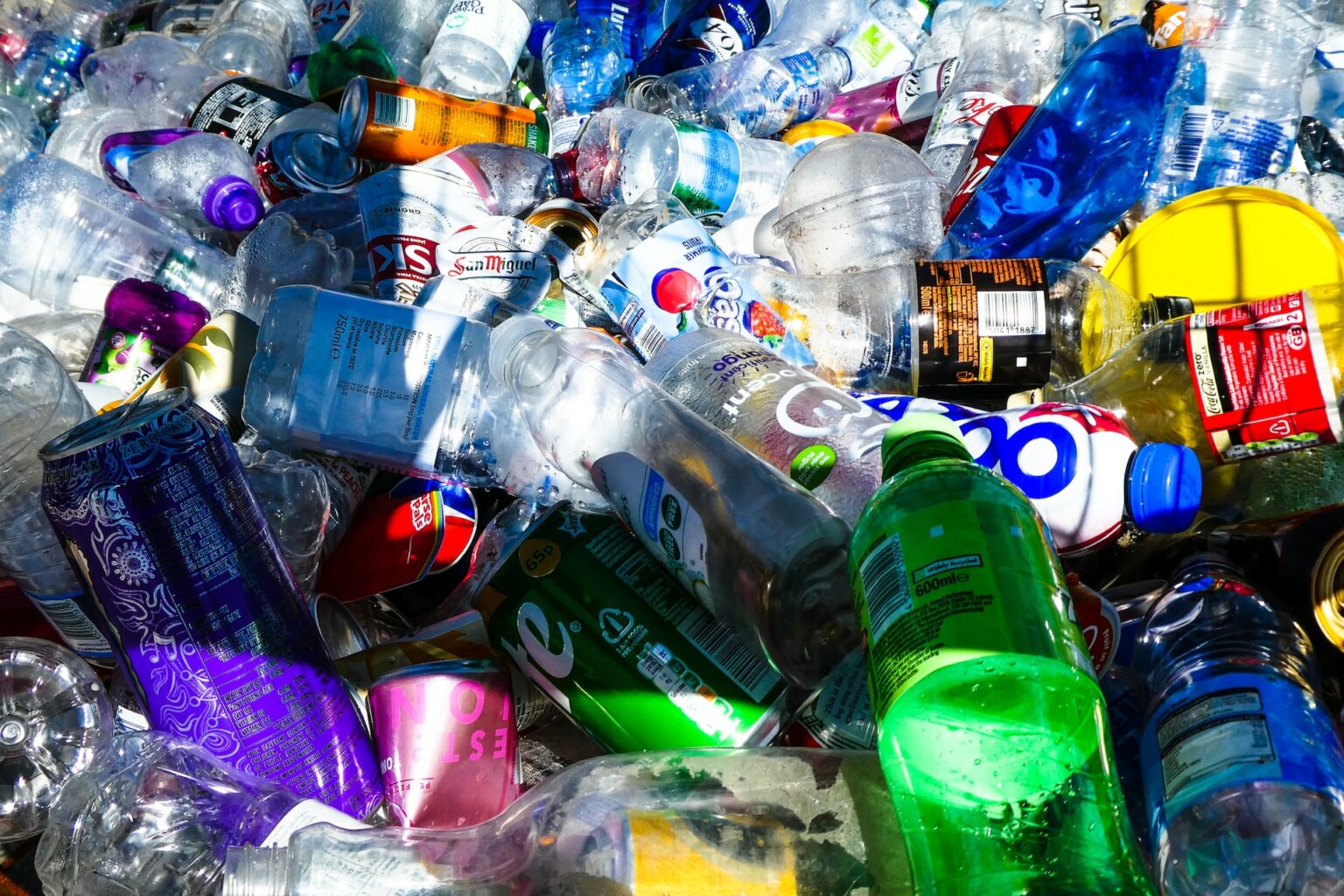- About
- Topics
- Picks
- Audio
- Story
- In-Depth
- Opinion
- News
- Donate
- Signup for our newsletterOur Editors' Best Picks.Send
Read, Debate: Engage.
| topic: | Poverty |
|---|---|
| located: | India |
| editor: | Bindu Gopal Rao |
Plastic accumulating in our oceans and beaches has become a global crisis, and India is also facing the brunt of it.
With a coastline extending over 7500 kilometres, nine states have a coastline, and 330 million people live within a 150-kilometre radius of the coast.
When plastic waste enters the ocean, it takes hundreds of years to break down, absorbing and accumulating toxic chemicals from the surrounding seawater.
The resulting bioaccumulation through the food chain ultimately affects humans who consume seafood. Coastal communities, especially those reliant on tourism and fisheries, experience negative consequences as their beaches and marine habitats become littered with plastic debris.
There is a legal framework that governs ocean pollution. The National Centre for Coastal Research (NCCR) office of the Ministry of Earth Sciences has regularly done beach clean-up initiatives, awareness programmes and beach litter quantification studies.
Recykal, a cleantech startup headquartered in Hyderabad, believes that the problem and solution for ocean plastic lie on land. It diverts ocean-bound plastic to recycling centres.
Through its project 'Samudramanthan', Recykal has collected over 70 thousand metric tons of plastic from 207 and 19 states across India. Among these districts, 33 districts have coastal areas, and 173 districts are on the banks of major rivers. The project covers a 10 km radius from the ocean and river coasts.
Recykal empowers local ragpickers through this initiative by providing them access to a comprehensive network of recyclers across India, offering them financial security and enabling them to expand their income by adding additional categories of plastic waste to their portfolio through specialised training.
Abhishek Deshpande, the Co-founder and COO of Recykal, said, "The broader objective of this initiative goes beyond simply removing plastic debris from the environment. It aims to regenerate and sustain the natural balance of marine ecosystems by preventing further damage caused by plastic pollution. By collecting ocean-bound plastic, Recykal aims to restore the integrity of marine environments, protect biodiversity, and safeguard the well-being of marine life and humans dependent on healthy oceans." On-ground implementation of the legal framework is the best way to tackle plastic pollution in the ocean. But as the clock ticks, who else is listening?

